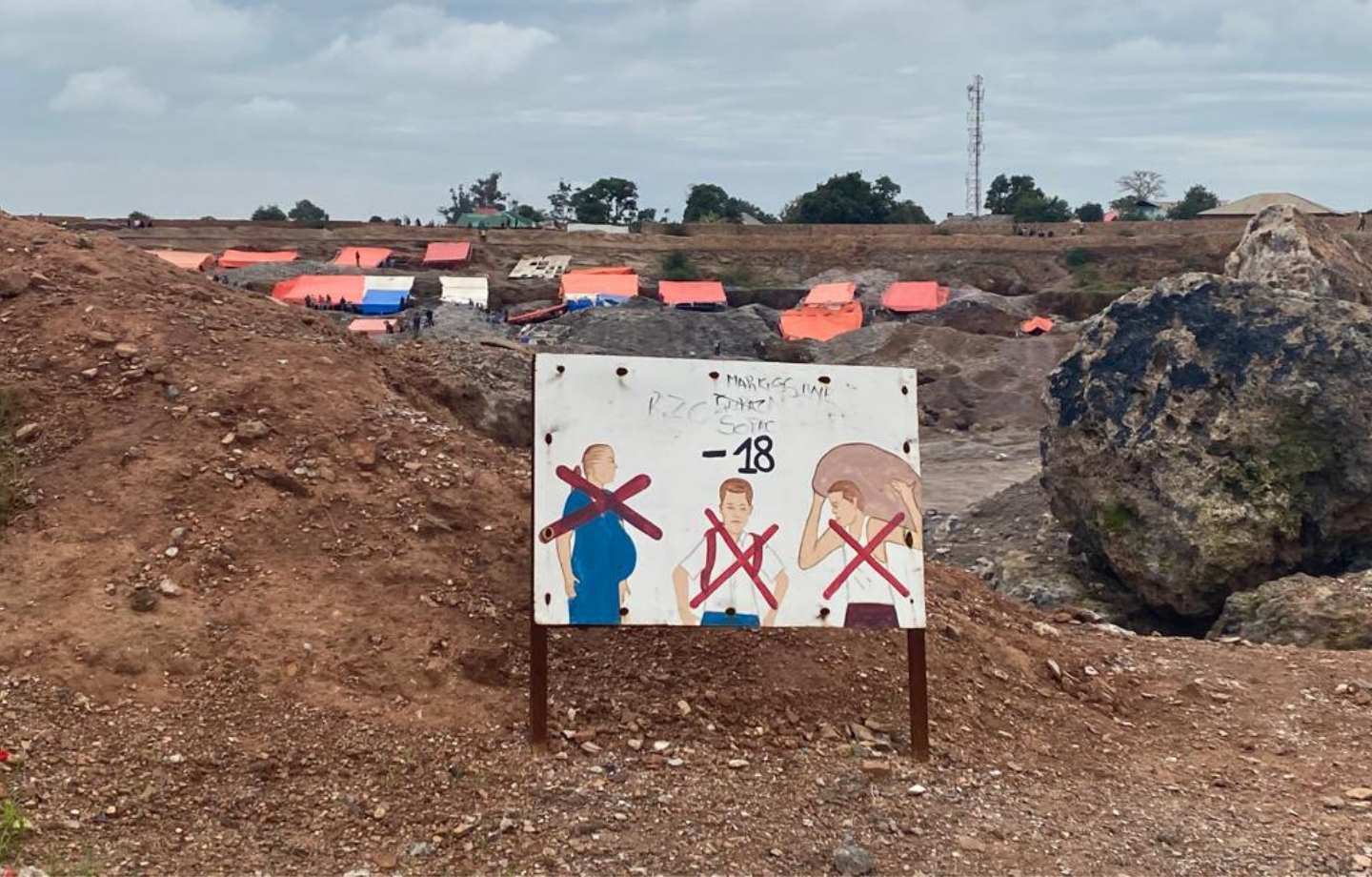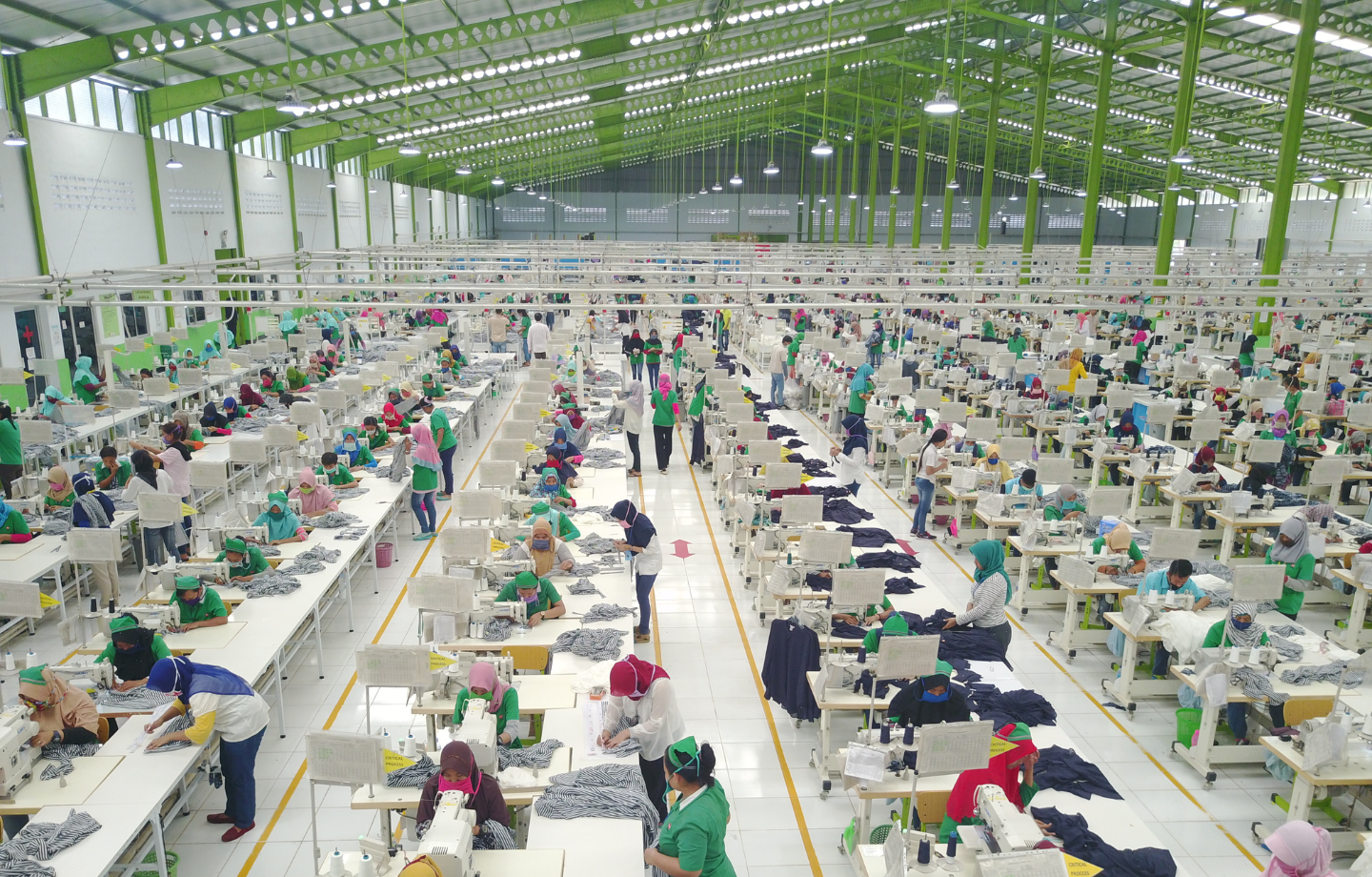Beyond Bangladesh: The need for responsible purchasing practices in supply chains is a global issue

October 12, 2017
Our Center’s research into the ready-made garment industry in Bangladesh has illustrated how purchasing practices of international clothing brands and retailers detrimentally affect working conditions in supplier factories. Now, new research by the International Labor Organization (ILO) and the Ethical Trading Initiatives (ETI) confirms the Center’s findings and shows that these practices are not unique to Bangladesh.
The ILO and ETI conducted a joint survey covering 17 industries—ranging from apparel to agriculture to electronics — that looked at how common business practices can affect suppliers’ capacity to provide decent wages and ensure humane working conditions. In a survey spanning 2016 and 2017, the researchers received responses from 1,454 suppliers employing approximately 1.5 million workers from 87 countries.
The survey found that several practices by international buyers encourage a “race to the bottom” among suppliers. Informal contractual relationships leave suppliers and workers without legal protections when orders are delayed or changed. Shortened lead times force employees to work overtime to meet deadlines. And pressure to provide extremely low prices forces suppliers to accept payment that in some cases does not cover production costs.
These practices often force suppliers to outsource to smaller production facilities, leading to an extended chain of informal subcontractors. As the Center pointed out in its 2015 report, international buyers do not have direct relationships with these subcontracted suppliers. In addition, the subcontractors are not touched by buyer-sponsored private compliance initiatives. The subcontractors are often unfamiliar with, or uninterested in, international labor-law standards. Workers in these facilities typically are more vulnerable to abuse and safety lapses.
In the ILO/ETI survey, 40% of suppliers said they were likely to subcontract with other companies as a result of low order prices. More than four out of five suppliers said they had outsourced nearly one-fifth of their production in 2015. This confirms research conducted by the Center on the ready-made garment industry in Bangladesh, showing that the problems are not unique to that industry or country. During a 2015 field study, the Center found that about one-third of the factories in Bangladesh serve as informal subcontractors.
The survey also found that 52% of suppliers in the textile and clothing industry reported accepting prices lower than their production costs. This troubling statistic indicates that the prevalence of subcontracting is likely even higher than reported. Suppliers agreeing to prices below production cost are almost certainly hiring subcontractors willing to do the work for less. Since the ILO/ETI survey relies on self-reported data, and subcontracting is typically unauthorized, it is likely that suppliers would underplay how frequently they engage in subcontracting.
The ILO/ETI survey also found that while 93% of surveyed suppliers were expected by their buyers to follow a code of conduct, about half of the suppliers reported not receiving any help from their buyers in achieving these standards. Of the other half that reported receiving some “assistance”—for example, in the form of training—only 17% said that buyers shared audit costs. Only 9% of suppliers received financial assistance (see Figure 1). This shows that buyers are not doing enough to enable improved working conditions in their supply chains.

In a range of industries, buyer practices are encouraging subcontracting and endangering human rights. Efforts to improve working conditions must address current purchasing practices that drive production to subcontractors. The ETI Guide to Buying Responsibly, released alongside the ILO/ETI survey, urges buyers to adopt responsible practices that support suppliers through fairer prices, longer-term contracts, and greater flexibility on delivery dates.
 Global Labor
Global Labor


